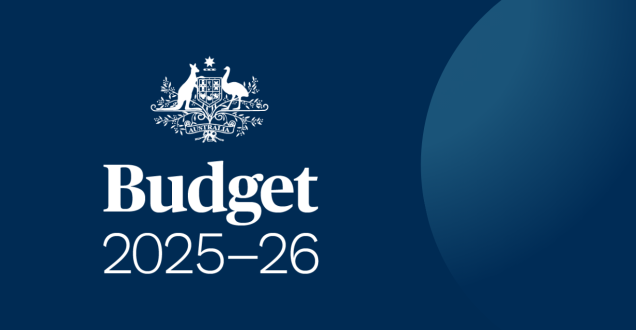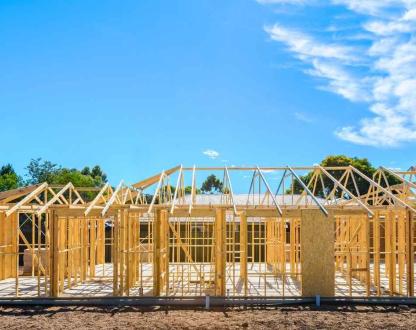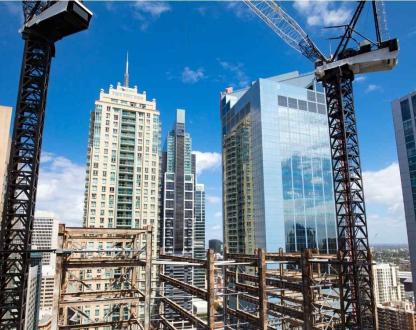State and territory governments regulate building and construction activities in Australia.
The Australian Government collaborates with state and territory governments to promote nationally consistent regulations through the National Construction Code (NCC).
We do this through the Building Ministers’ Meeting and the Australian Building Codes Board (ABCB).





